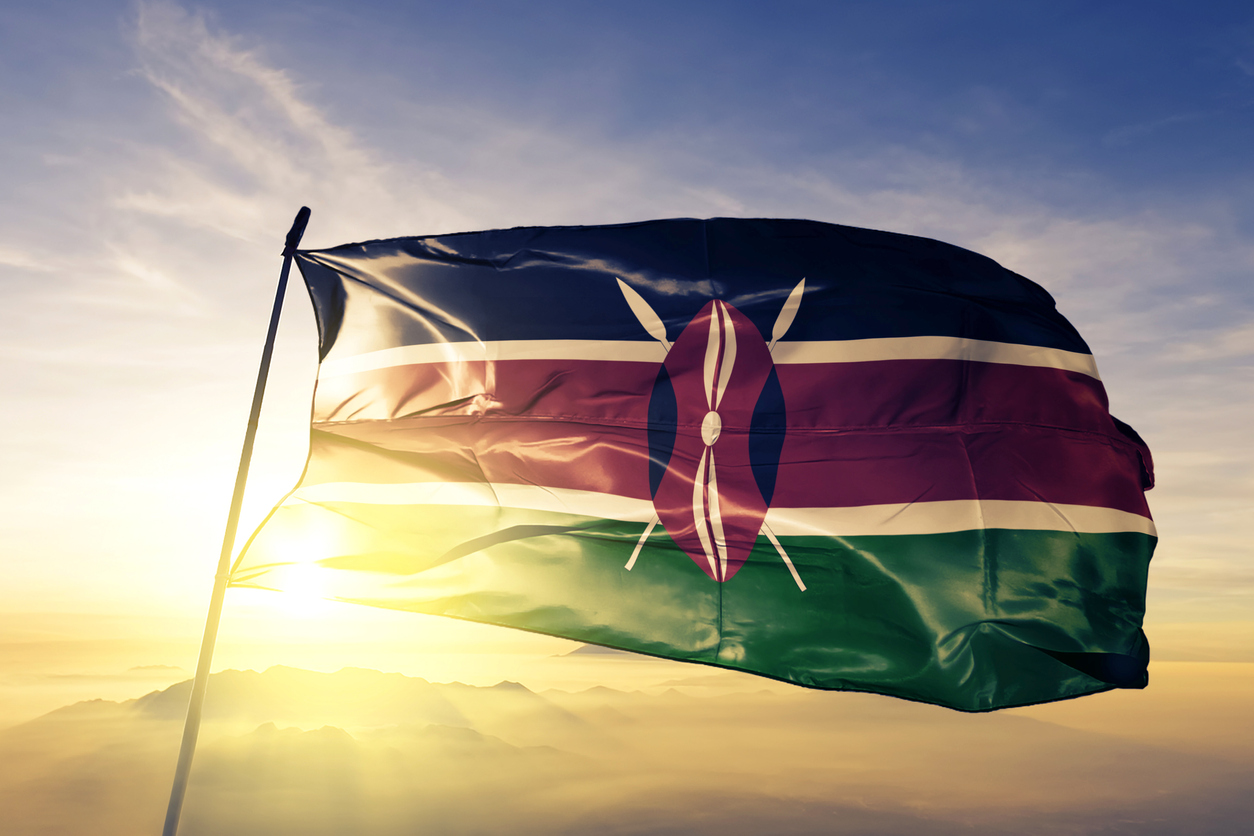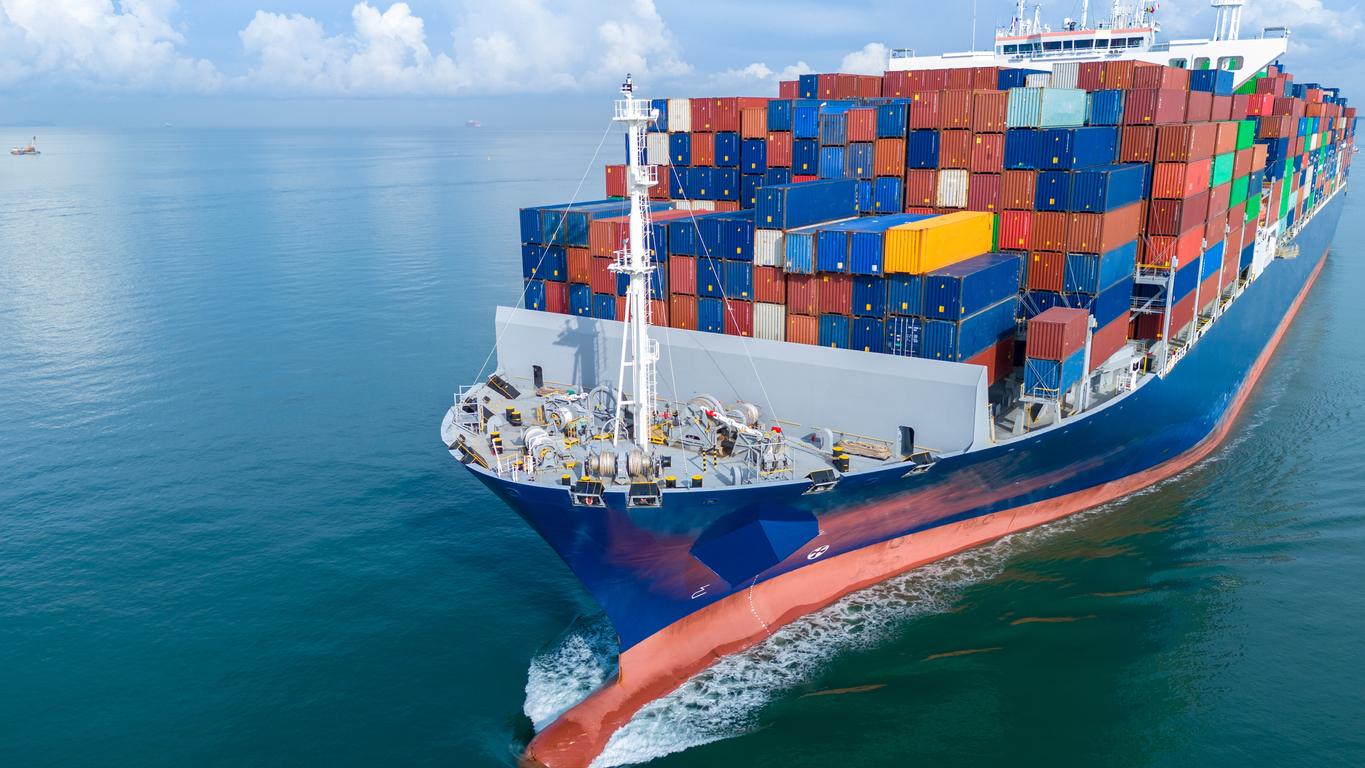International Shipping Guide: How to Ship Goods From Trinidad and Tobago To Kenya
International Shipping Guide: How to Ship Goods From Trinidad and Tobago To Kenya
Shipping goods from Trinidad and Tobago to Kenya can be a complex process, but with the right knowledge and preparation, it doesn’t have to be a daunting task. This international shipping guide covers all the necessary steps to ensure a smooth and successful shipment, including the necessary paperwork, shipping methods, and customs regulations. With this guide, you can rest assured that your goods will arrive safely and on time. Whether you’re looking to ship a single package or a large shipment of goods, this guide has the information you need to make the process as easy and stress-free as possible. So, if you’re ready to learn how to ship goods from Trinidad and Tobago to Kenya, let’s get started!
Overview of International Shipping
When talking about international shipping, two terms you might come across are “sea freight” and “air freight.” Sea freight refers to commercial shipments that are transported on large cargo ships. Air freight, on the other hand, refers to commercial shipments that are carried by air. It’s also important to note that shipping goods internationally can be a very complex process. This is due to the fact that each shipping country has its own rules and regulations for imports and exports. In other words, there are certain steps and paperwork that are required for each shipping country. This is why it’s essential to know which shipping country your goods are being shipped to, as well as the specific requirements for that country.
Required Documents for Shipping Goods to Kenya
Before you begin the shipping process, it’s important to ensure that your goods are properly documented for the Kenyan customs process. The following documents are required for all commercial shipments entering Kenya: – Commercial invoice – Packing list – Air waybill – Health and phytosanitary certificate – Certificate of Origin
Choosing the Best Shipping Method
The first thing you’ll need to do when choosing a shipping method is to find out the port of entry for your goods. This will help you to determine which shipping method is appropriate for your shipment. For example, if your goods are coming into Mombasa, you will likely want to choose a shipping method that can deliver to that port. The following table is a general overview of the most common shipping methods:
Customs Regulations for Shipping to Kenya
Your goods will be subject to Kenyan customs duties and taxes if they are valued above the standard duty-free allowance. Duty rates are based on the type of goods being imported and their value. Typical goods subject to duty or tax include: – Alcoholic beverages – Cigarettes – Clothing – Computers – Food items – Furniture – Jewelry – Medical items – Perfumes – Sporting equipment – Textiles – Toys Duty rates vary depending on the type of good being imported and the port of entry. For example, goods entering Kenya from Mombasa will have a different duty rate than other ports of entry. To find out the duties and taxes that your goods will be subject to, you’ll need to contact the Kenya Revenue Authority (KRA) directly. To get in touch with the KRA, you can either call +254 20 36 56 881 or visit their website.
Preparing Your Goods for Shipping
One of the most important steps in the shipping process is the preparation of your goods. This includes cleaning, labeling, and packaging your goods so they can safely travel from Trinidad and Tobago to Kenya. Your goods should be clean and free of dust, dirt, mold, and other contaminants, as these can affect the condition of the goods or even cause damage during the shipping process. Your goods should also be properly labeled to avoid any delays or complications during the customs process. There are several key components to proper labeling: – Name of the importer – Name of the consignee – Country of origin – Weight/volume of goods – Product description – Hazardous materials
How to Track Your Shipment
Once your goods have been shipped, it’s important to track their progress so you can know when they’ll arrive. There are several websites that allow you to track your shipments, such as: – FedEx – UPS – DHL – USPS – Easy Tracking If you’re shipping with a courier service, you can track your shipment using their website or app. Alternatively, you can contact your shipping company directly to inquire about tracking your shipment. If you’re shipping goods using a logistics or freight shipping service, you can track your shipment using the carrier’s website. Alternatively, you can contact your shipping company directly to inquire about tracking your shipment.
Tips for a Smooth International Shipping Process
– Research your goods: Before you begin the shipping process, it’s important to do your research and find out what goods are subject to taxes or duties in Kenya. This will help you to prepare your goods correctly and avoid any unexpected fees or issues. – Keep track of your goods: It’s important to keep track of your goods as they travel from Trinidad and Tobago to Kenya. This will help you to stay informed on the progress of your shipment and know when your goods will arrive. – Be prepared for irregularities: Even though you’ve followed all the necessary steps to prepare your goods for shipping, there’s always a chance that something could go wrong. Therefore, it’s important to be prepared for any irregularities and have a plan in place for resolving issues that may arise.
Shipping Insurance for International Shipments
Shipping insurance is insurance that covers the goods being shipped and protects against loss, damage, or delay. This type of insurance can be very beneficial for international shipments. You can choose the level of coverage that’s best for you and your shipping needs. For example, you can choose a higher level of coverage if you’re shipping high-value goods or if your shipment is traveling a long distance. There are many shipping insurance companies that offer coverage to individuals and businesses. To find the right shipping insurance policy for you, it’s important to do some research and compare a few different options. Before choosing a shipping insurance company, make sure to find out what the coverage includes and how much it will cost.
Working with a Professional Shipping Company
If you’re new to international shipping or don’t have the time or resources to manage the process on your own, it may be a good idea to work with a professional shipping company. A shipping company can help you navigate the shipping process, find the best routes and ports for your shipment, and prepare your goods for shipping. Some benefits of working with a shipping company include: – Reduced shipping costs – Faster shipping times – A variety of shipping methods – Expertise and experience in international shipping – Custom shipping solutions If you’re interested in working with a shipping company, it’s a good idea to do some research and compare different companies to find the one that best suits your needs.
Frequently Asked Questions About International Shipping
How much does it cost to ship goods internationally? – The cost of shipping goods internationally varies depending on the shipping company, route, and service level that you choose. It’s important to do your research and find the best route and service level for your shipment. What are some important customs regulations for shipping goods internationally? – Customs regulations vary depending on the shipping country, so it’s important to research the customs requirements for your destination. What happens when your goods are delayed in customs? – Goods held in customs are typically released within a few days or weeks. However, there are cases where the goods are held in customs for a longer period of time. How do I properly prepare my goods for shipping? – It’s important to clean and prepare your goods correctly for shipping. This includes cleaning your goods, labeling them correctly, and packing them properly so they can travel safely.
Conclusion
Shipping goods internationally can be a complex process, but with the right knowledge and preparation, it doesn’t have to be a daunting task. This international shipping guide covers all the necessary steps to ensure a smooth and successful shipment, including the necessary paperwork, shipping methods, and customs regulations. With this guide, you can rest assured that your goods will arrive safely and on time. Whether you’re looking to ship a single package or a large shipment of goods, this guide has the information you need to make the process as easy and stress-free as possible. So, if you’re ready to learn how to ship goods from Trinidad and








LEAVE A COMMENT
You must be logged in to post a comment.